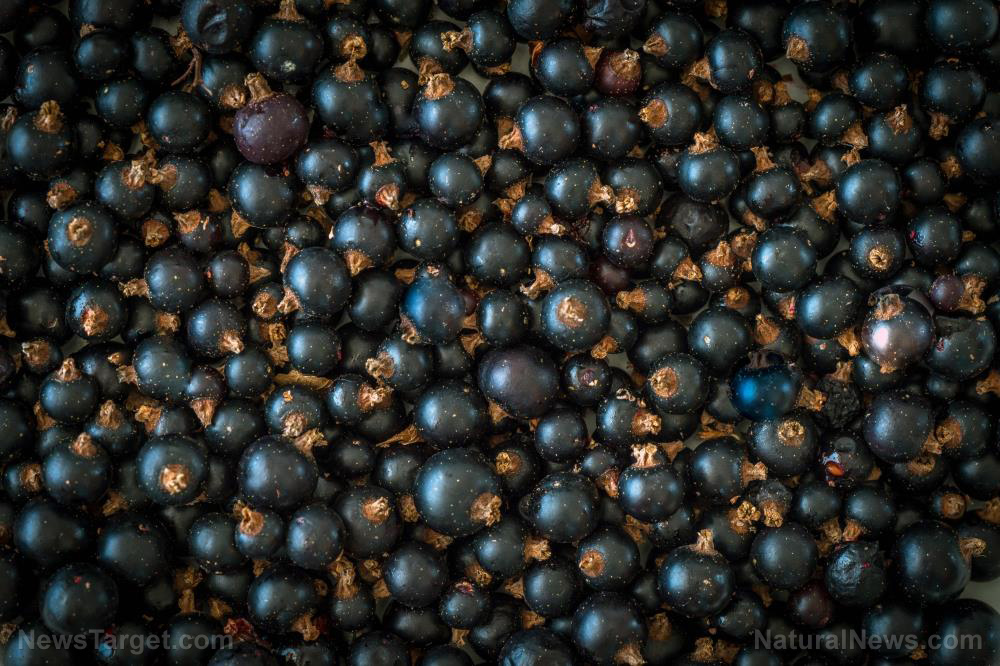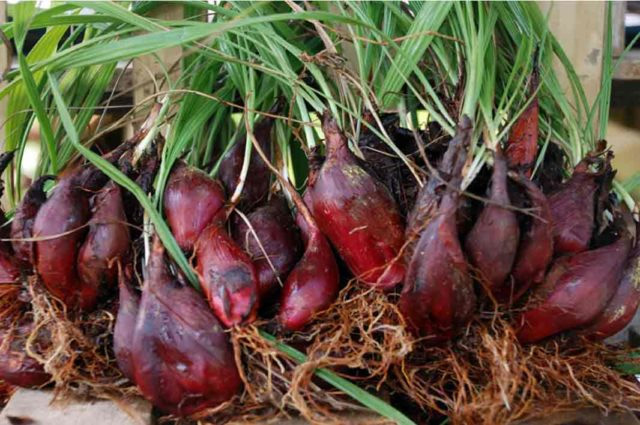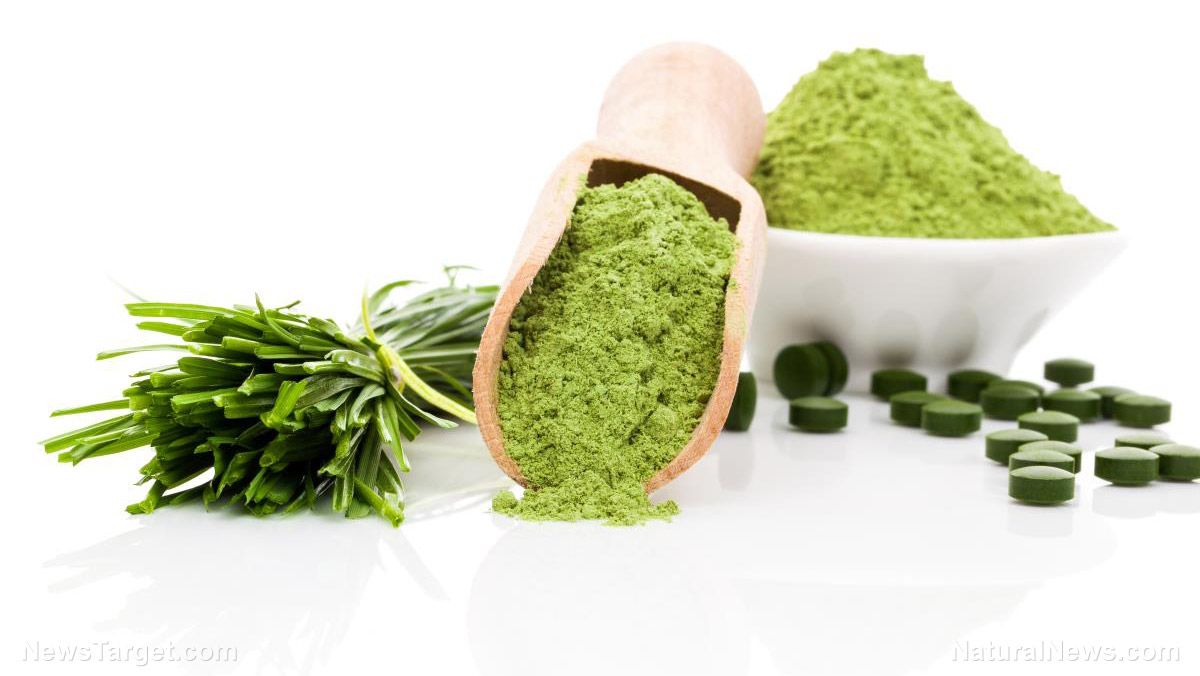Yikes! Eating certain kinds of sugar raises your risk of catching influenza
07/25/2018 / By Michelle Simmons

Sugar, particularly added sugars, poses many health risks. Having too much sugar in the blood increases the risk of developing diabetes, obesity, fatty liver disease, and other health problems associated with inflammation. In addition, consuming certain kinds of sugar increases one’s risk of catching influenza because sugar weakens the immune system. As early as 1973, research from Loma Linda University provided scientific evidence on the effects of sugar on white blood cells, which serve as the powerhouses of the immune system.
In the study, participants of the study consumed 100 g of either fructose, glucose, sucrose, orange juice, or honey after fasting overnight. Before and after the consumption of the various kinds of sugar, the researchers collected blood samples from the participants. Then, the blood samples were exposed to Staphylococcus bacteria strain.
Based on the results, the presence in the bloodstream of the any of the sugar examined caused a significant reduction in the immune response. In all cases, the ability of the white blood cells to surround and combat the bacteria dropped by approximately 50 percent.
Research has also revealed that viral replication in bugs, such as the influenza virus, relies on the amount of glucose available in the bloodstream. This means that bacteria and viruses feed on sugar. Higher levels of sugar in the blood can increase the survival rate of bacteria and viruses.
Moreover, the amount of sugar in two cans of soda has an almost immediate adverse effect on immunity, starting 30 minutes or earlier after consumption. These adverse effects can go on suppressing immunity for five hours or longer. Other factors, such as current health status, stress levels, and the amount of sleep a person has been getting, may worsen the adverse effects of high blood sugar levels on the immune system.
High blood sugar level in the body also increases one’s risk of developing cancer. Similar to bacteria and viruses, cancer cells also feed on sugar. Moreover, the increased inflammation stimulated by high consumption of sugary food and beverages and increased blood sugar levels create a more favorable environment for cancerous tumors to grow. (Related: Sugar linked to cardiovascular disease, as well as other chronic diseases.)
How to minimize sugar consumption in your diet
It is important to know the difference between added sugars and naturally-occurring sugars. Naturally-occurring sugars from fruits and vegetables are safe to consume, while added sugars are not. Sugar consumption in the U.S. is extremely high. The average sugar consumption of the average American adult in 2012 was 77 g per day, which is way too over the limit of 37.5 g for men and 25 g for women. Because of the adverse effects of sugar consumption on health, people are encouraged to limit their sugar intake. Here are some steps in minimizing sugar consumption:
- Check the ingredients list – Added sugar is disguised in many names. You can find added sugar on the ingredient list in different names, such as sucrose, glucose, fructose, maltose, fruit juice, molasses, hydrolyzed starch, invert sugar, and corn sugar.
- Avoid foods that contain sugar – Common foods that contain added sugars include soft drinks, fruit juices, candies and sweets, baked goods, fruits canned in syrup, and low-fat or diet foods.
- Drink more water – Instead of drinking sugar-sweetened beverages, drinking water is so much healthier. If you are to drink coffee or tea, do not add sugar.
- Avoid using sugar in recipes – Instead of sugar, try other ingredients like cinnamon, nutmeg, almond extract, vanilla, ginger, or lemon.
Read more news stories and studies on the adverse effects of sugar on health by going to Sweeteners.news.
Sources include:
Tagged Under: added sugar, bacteria, cancer, cancer risk, Flu, fructose, fruit juice, glucose, immune system, immunity, influenza, obesity, obesity crisis, Staphylococcus, sucrose, sugar, sugar consumption, sugar intake, sweeteners, virus


















